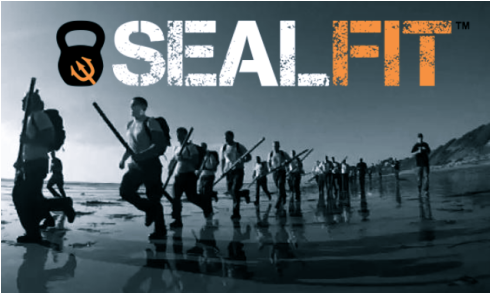I was recently asked a questions about how a warrior deals with a cognitive dissonance that occurs as a result of losing faith in the mission or leadership. This is an interesting, if not touchy, subject. I thought I would tackle it for him, and the following was my response. I share it because it is interesting, relevant and, perhaps even useful. Please don’t read any political posturing into this post!
First, let’s consider the concept of cognitive dissonance. Cognitive dissonance is experienced as feeling unbalanced or uncomfortable when one finds themselves simultaneously holding two or more conflicting beliefs, values or emotional reactions, leading to anger, guilt, frustration and anxiety. Folks also feel cognitive dissonance when they find themselves doing things that don’t fit with what they know or believe out of duty, such as when their job requires it. People like their expectations to meet reality and will avoid situations that give rise to feelings of uneasiness, or dissonance.
There are two ways that we perceive reality, our internal (I and We self) reality and our external (It – Systems) reality. Beliefs and values are obviously the realm of the internal. Knowing your own values and possessing a powerful personal ethos, as well as developing emotional and mental control are critical for a warrior to maintain focus and balance while immersed in the mission, especially when things get confusing and chaotic. All too often individuals approach the military as a job, and fail to develop this level of internal compass. A true warrior spends much time in this internal domain.
The external environment is easier to focus on, because that is how we are trained as westerners. And it is definitely necessary for a warrior to master the external aspects of warfare to navigate the chaos, danger and fog of war. This external “situational awareness” is developed through “dirt time” experience over time, immersion in the current situation, and developing deep skills of observation of both individual and collective human nature — as well as the systems that impact those behaviors.
Cognitive dissonance for a true warrior can occur when it becomes impossible to reconcile one’s inner compass with the outer circumstances. For instance if your core ethos is suddenly at odds with the external environment you are operating within, then can be thrown out of balance. The warrior has two options to bring things back into balance – either shifting the outer experience by changing the structure of that reality (ie: leaving the combat zone or the military itself), or modifying the inner experience (ie: compromising one’s values or shifting one’s perspective to include a new reality).
As I alluded, professional military members can be job holders or true warrior’s who strive to master all the inner and outer skills of the warrior class. For true warriors the art and craft of warfare is balanced with honor and duty. If the warrior can’t reconcile the duty with the assigned mission (such as in the case of fighting a war one does not believe is morally right) he or she will either compromise and carry on (typically for career longevity, in which case they now convert to a job holder), or they are compelled to leave the service to preserve his or her integrity.
This situation puts forth a test to the warrior:
Does duty to my country trump my personal ethos as a professional military member?
Does the ethos of a warrior include a blind duty to perform my mission, regardless of whether I believe it is a moral or just mission?
Military members are not required to follow an illegal order. What if the entire mission is deemed illegal?
In the SEAL’s own code of ethics we find this internal conflict. The ethos is offered as a guide for individual and team behavior – the operator is held to the standard of defeating our Nation’s enemies, remaining loyal to country first. At the same time, he must serve with honor and integrity, on and off the battlefield, regardless of whether they believe the war or mission is just, right or even legal:
The SEAL Code
- Loyalty to Country, Team and Teammate
- Serve with Honor and Integrity On and Off the Battlefield
- Ready to Lead, Ready to Follow, Never Quit
- Take responsibility for your actions and the actions of your teammates
- Excel as Warriors through Discipline and Innovation
- Train for War, Fight to Win, Defeat our Nation’s Enemies
- Earn your Trident everyday
My internal compass says that the more advanced the warrior’s internal development (seeing a warrior in the age-old vein of the warrior-leader, philosopher-statesman), the more these questions present themselves and are likely to cause cognitive dissonance. The warrior is more likely to seek alignment of his or her internal and external views by taking action to balance them. This can mean that they can choose to bail on “the system” they can’t support any longer, or if pressed to the wall, put honor above country…as my friend Glen Doherty did in Benghazi by ignoring an order to stand down, sacrificing his own life to help save 18 fellow Americans.
As always…in your service. Hooyah!
–Mark


Leave a Reply
You must be logged in to post a comment.